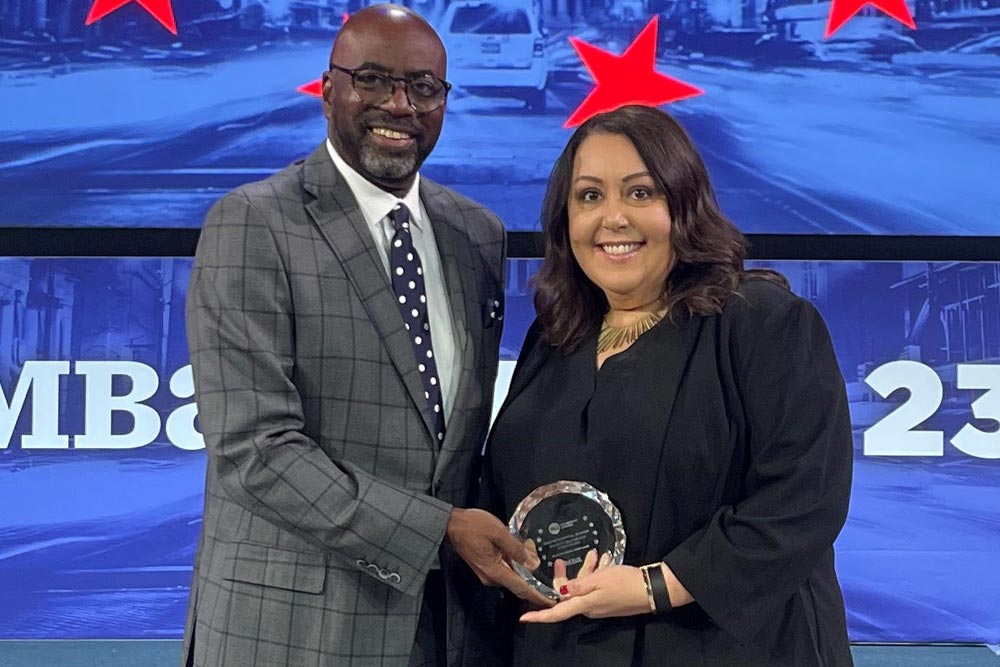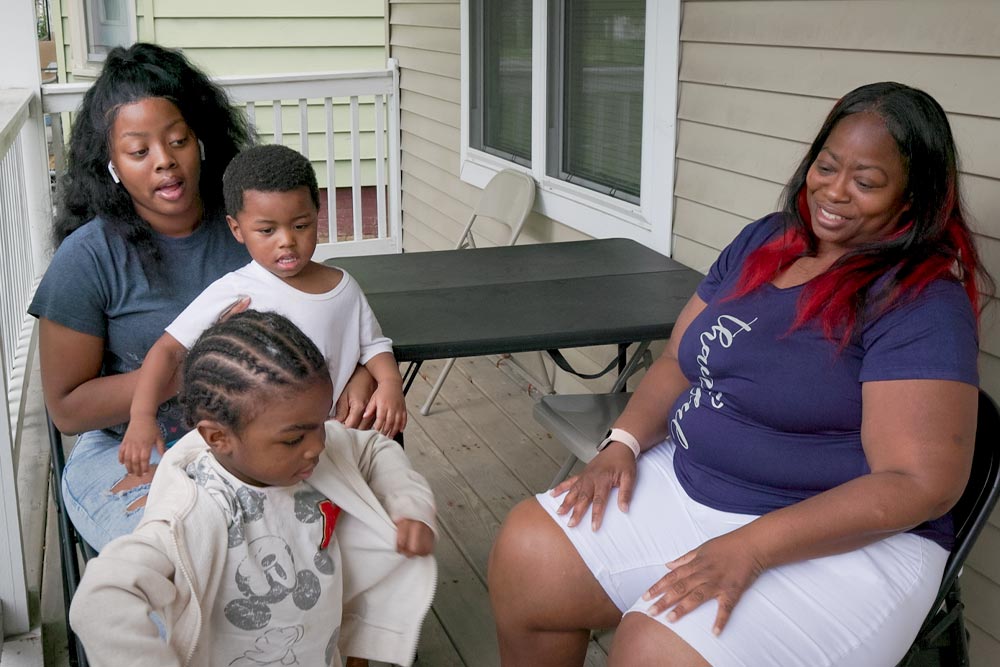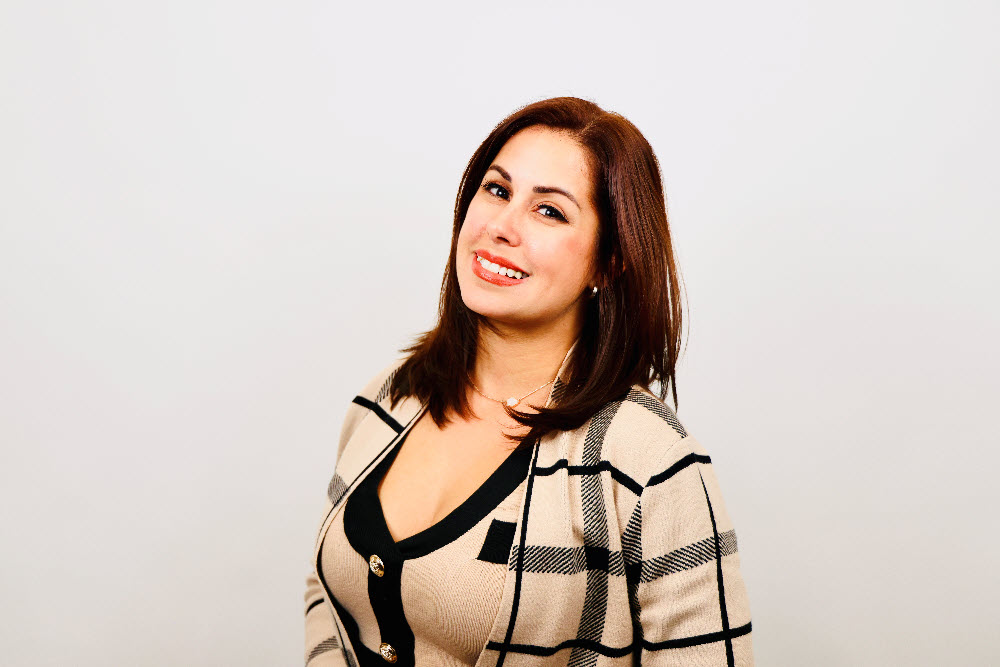Five questions with Fred Bolstad, who oversees retail home lending at U.S. Bank
Buying a home can be stressful. Add rising interest rates, stubbornly low inventory and continued concerns of a looming recession, and it can be downright mindboggling to navigate the market.
 Fred Bolstad
Fred Bolstad
At U.S. Bank, there are hundreds of mortgage loan originators serving all 50 states who are focused on educating, preparing and helping clients navigate the homebuying process. A top 10 mortgage loan originator in the U.S. by volume, U.S. Bank has been helping individuals and families achieve the dream of homeownership for generations.
Overseeing retail home lending at U.S. Bank is Fred Bolstad. He’s been in the industry for more than 30 years, experiencing a number of economic cycles that have impacted the confidence and ability for many to buy a home.
Bolstad recently sat down to discuss how U.S. Bank is helping potential home buyers continue to pursue their dreams of homeownership despite market conditions.
Q. The housing market seems to be in the news almost daily. What are you and your teams seeing on the ground?
The combination of the sharp interest rate increases we saw in 2022, paired with inflation, means your money isn’t going as far as it used to when buying a home. This has had a particular impact on first-time homebuyers who are feeling priced out of the market, while also facing extremely limited inventory for lower-priced homes.
It’s a catch-22, but it puts us in a good position to start working with aspiring first-time homebuyers early so they are educated, qualified and prepared to make an offer when the market and their own financial circumstances allow. This leads to sustainable homeownership, which is always our No. 1 goal. It’s critically important we focus on helping first-time homebuyers stay in their home and education is not just around loan options, but also the cost of maintaining a home.
Q. What opportunity, if any, do current market conditions provide homebuyers?
One thing will never change – people will continue to need to move for life changes. Whether it’s a new job, retirement or a change in family dynamics, homes will continue to be bought and sold.
While market conditions have delayed some aspiring first-time homebuyers from entering the ring, there are more and more down payment assistance programs and products becoming available that can really help potential homebuyers overcome obstacles to buying a home.
We launched our own Access Home Loan mortgage product this summer, which provides up to a combined $17,500 in down payment and closing cost assistance. We made this available in 11 initial markets from San Diego and Oakland, California, to Milwaukee and Minneapolis, where there is a significant opportunity to increase homeownership within underserved populations and communities of color.1
We’ve designed a lot of training for our mortgage loan originators to focus on the first-time homebuyer, because there are so many programs and options out there to help. And if a buyer isn’t ready yet, we can help them become buyer-ready.
Q. How is U.S. Bank helping homebuyers navigate the market?
We love when clients come to us when they are in the early stages of thinking about house hunting, so we can help them understand mortgage options in their budget and get them pre-approved.
In some cases, a client’s credit history, income or existing debt can impact the loan amount and type of loan they qualify for, as well as factors of the mortgage such as down payment needed, interest rate or required mortgage insurance.
The great thing about getting a mortgage from a full-service bank is that we can help educate aspiring homebuyers on how to build and improve their credit, optimizing debt and saving for a down payment. We can help clients who aren’t buyer-ready when we first connect become buyer-ready.
Q. What considerations should homebuyers make in today’s market?
Look beyond interest rates: Contrary to what you might believe, your mortgage interest rate may not be the most important factor. There are plenty of numbers that go into a monthly mortgage payment, like the price of the home and the loan term, and an interest rate is only one piece of the puzzle.
Make your mortgage loan originator your ally: You don’t have to figure this out on your own. Your mortgage loan originator can be your guide in determining which loan options and programs are a good fit for you, and help you determine your timeline to achieving your goal.
Buy now, refinance later: This strategy is meant to help buyers who are ready to purchase get into their dream home now, and then potentially refinance in the future when rates drop. It’s important to keep in mind that no one can predict if and when rates will drop or by how much. That means for some buyers, rates may never go low enough for a refinance to save them money, so part of sustainable homeownership means making sure that while you can hope for a drop in rates, you are comfortable with your rate over the long term as well.
If you’re considering this option, discuss it first with your mortgage loan originator. They can help you crunch the numbers and explore the risks versus rewards.
Q. Homebuyers have a number of options when it comes to where to get a mortgage. What sets U.S. Bank apart?
Most major purchases start with online research, especially house hunting. Not only does U.S. Bank offer digital calculators to help you understand what you can afford and find a loan officer in your area, but the loan process from application to close may be done almost entirely online.
In fact, Kiplinger’s has named us “Best Mortgage Lender for Digital Tools” for the last two consecutive years in a row. With our tools, a client can complete a loan application in around 30 minutes and then can track the status of their application in real time, easily managing tasks such as uploading documents and reviewing and signing important documents electronically. We also offer eClose through our digital application portal, which gives clients the opportunity to sign most documents electronically, at their convenience, all via the same portal.
Disclosures:
Loans and lines of credit are offered by U.S. Bank National Association. Deposit products are offered by U.S. Bank National Association. Member FDIC.
1. The assistance funds loan payments are deferred, due upon sale of the property, first mortgage is refinanced or the first mortgage is paid off.
The closing cost credit will be up to $5,000 for all approved loans at closing. If the amount due from the borrower for closing costs, points and prepaid costs exceeds $5,000, after the minimum $1,000 borrower out of pocket and all other applicable credits, the credit will be $5,000. If the final amount due from the borrower is less than $5,000, the credit will cover only the amount due, after the minimum $1,000 is applied.




